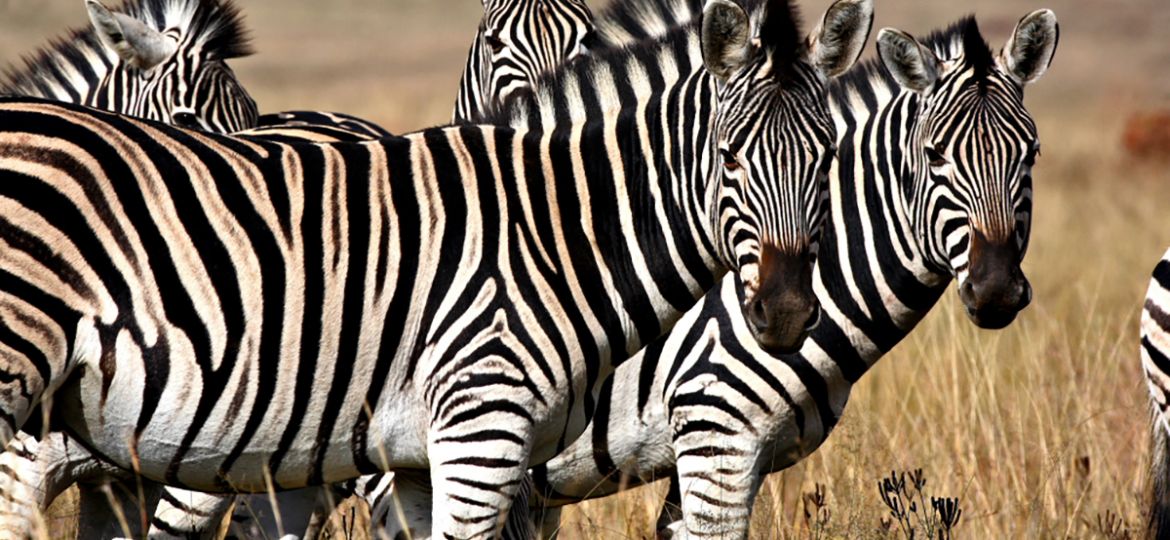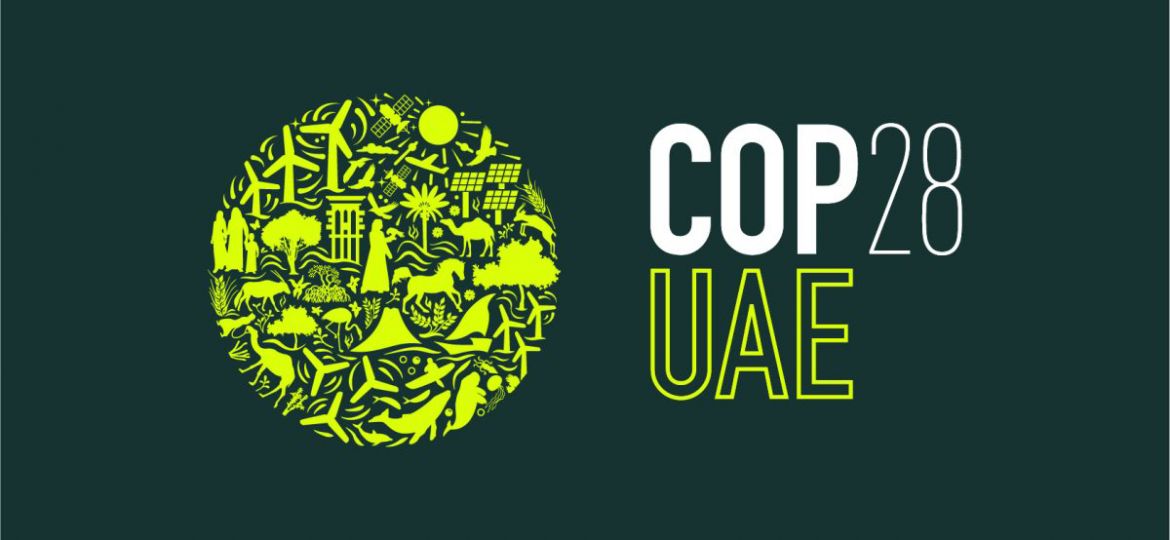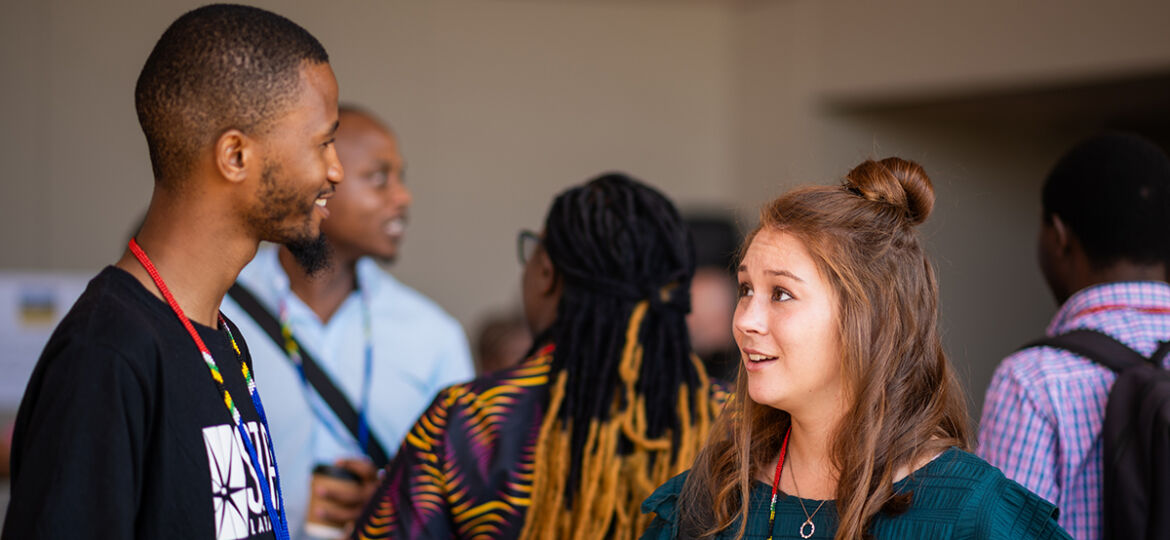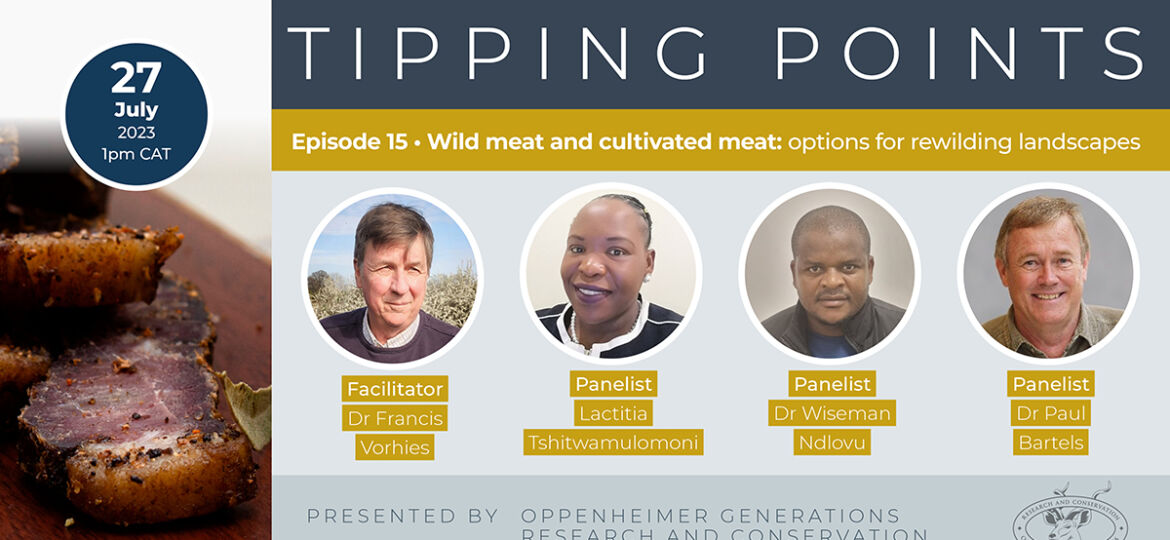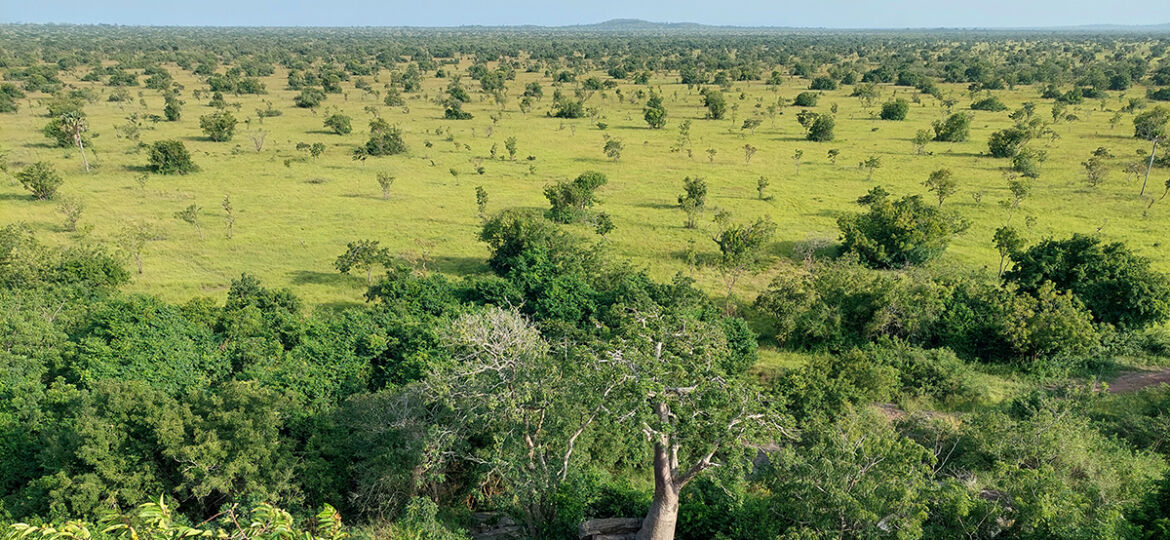It’s not just about saving the whales, or hugging a tree, but also about making a robust case for the value of the environment and the benefits that ecosystems provide, said Dipak Patel, the head of climate finance and innovation in the SA Presidential Climate Commission, at COP28.
Tipping points, landscape ecology and climate change
A panel hosted by the Institute for Human Rights and Business (IHRB) on the fourth day of COP28 in Dubai agreed that the risks of energy transition are high if not well managed, and that participation by all stakeholders – civil society, government, communities and the private sector – is needed to make it work.
Worldwide, we all grapple with a shared challenge: climate change. In Africa, it’s high time we grasp our unique role in the fight.
Conventional protected areas are unlikely to conserve the land area necessary to curb the extinction of plants and animals, and secure the ecosystem services on which millions of people across Africa depend. Different nature friendly wildlife enterprises are one way in which this footprint can be extended to achieve conservation outcomes and mitigate climate impact.
Kiara Worth, official photographer for the United Nations Framework Convention on Climate Change at COP28, refers to climate negotiations as a thing of beauty, and a giveaway that one is dealing with an irrepressible optimist.
Oppenheimer Generations Research and Conservation (OGRC) supports a stronger, louder voice from Africa, and through its partners, has developed key programmes focussed on addressing and mitigating climate change.
Environmental scientists should step out of their silos if they want their research to make an impact, says Duncan MacFadyen, head of Oppenheimer Generations Research and Conservation.
Worried about population growth and the pressures of feeding a hungry planet? Don’t have a cow, cultivate one rather. Meanwhile, venison might help us buck the trend.
We are all in a desperate race for net-zero to halt the changing climate. Plus we are in the middle of an unprecedented biodiversity crisis, e.g., wild mammals now reported to make up only 2% of the global land mammalian biomass (the majority of which is livestock).
The consumption of wild meat remains a morally contested and controversial issue in conservation policy and science.






